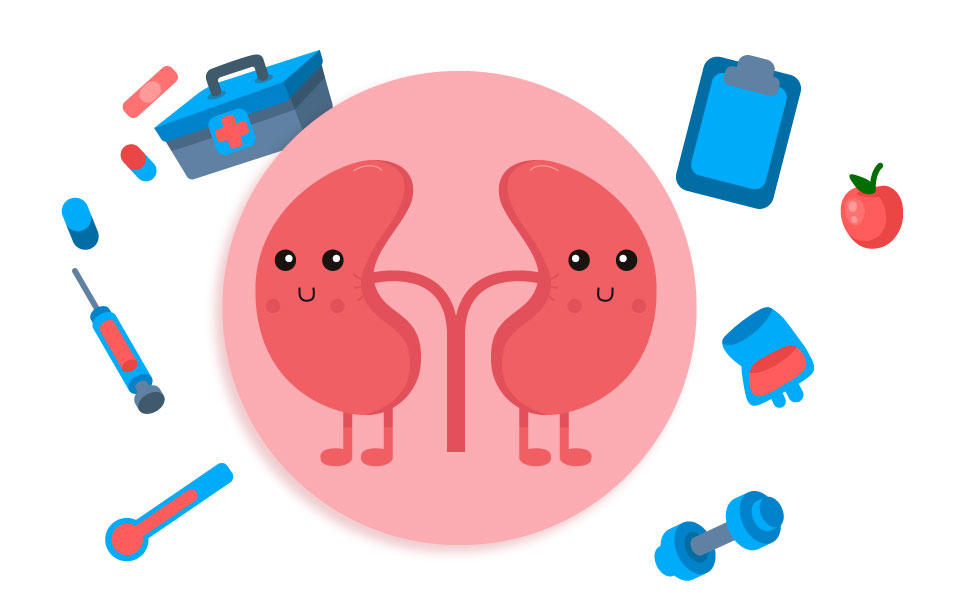Chronic Kidney Disease in children, how should it be managed?
Chronic Kidney Disease (CKD), which represents involvement of the kidneys that affects their function, is present in children, although cases are much less common when compared to elderly adults. We will review some of the causes of CKD in children, and see what measures should be taken for successful treatment.
There are several reasons why children suffer from this condition. As reported by Healthy Children, prior to birth, a large number of congenital causes may arise: low weight at birth, urinary tract complications, family history of the disease, especially the parents. Whereas, after birth, the causes are related to repeat abnormalities and infections of the urinary tract.
To find out if a child is at risk of being born with kidney problems, in certain cases, fetal monitoring should be carried out during the pregnancy, which involves measurement of a sample of amniotic fluid, along with a test that measures the fetus' capacity to produce urine.
Once the pregnancy period has ended, every child should undergo a pediatric assessment in which kidney function is taken into account. In general, the symptoms that allow us to know if a child is at risk for CKD are:
- Swelling around the eyes, feet and ankles
- Many visits to the bathroom to urinate
- Prolonged enuresis in children over the age of five years (bed-wetting)
- Atrophied or deficient growth, compared to healthy children of the same age
- Loss of appetite and chronic nausea
- Abnormal fatigue and exhaustion
- Frequent headaches (could indicate high blood pressure)
- Anemia (low production of red blood cells in the blood)
To see if these symptoms really indicate the presence of CKD in children, the pediatrician can order blood tests, urine tests, ultrasounds and, in some cases, a kidney biopsy to examine the tissue.
If CKD is confirmed in a child, it is very important that the parents take the treatments indicated by the pediatrician and nephrologist very seriously. A special diet will be determined with a few restrictions depending on which of the five grades of the disease the child is suffering, the fifth being the most advanced stage, when kidney failure is detected, which requires dialysis.
Treatment of CKD in children conducted by parents should be guided by the support of the nephrologist and compliance with the treatment indicated by the nephrologist and the multidisciplinary team should be maintained.
Chronic Kidney Care in children
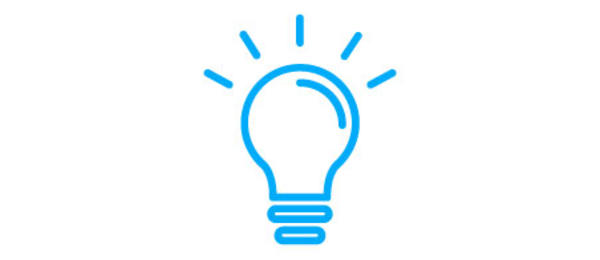
Main causes of CKD in minors
Maternal or family history
Low weight at birth
Urinary tract complications
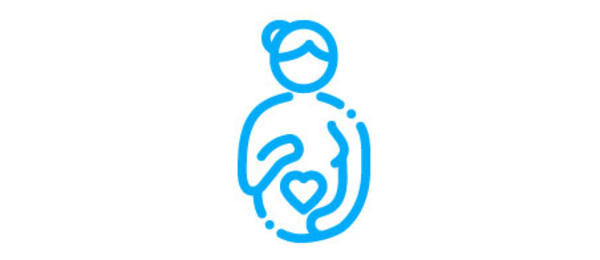
What should be done during pregnancy?
Diligent monitoring by the mother
Fetal testing by the perinatology or gyneco/obstetric units
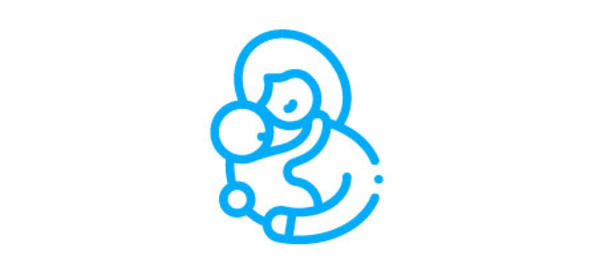
What should be done after delivery?
If the infant has a low weight at birth or abnormal kidney function is suspected: immediately consult with a pediatric nephrologist
Early diagnosis and diligent treatment with the indicated antibiotics for the infant based on kidney function and age when the urine infection events occurred
Assessment by pediatric surgeon to rule out or correct posterior urethral valves
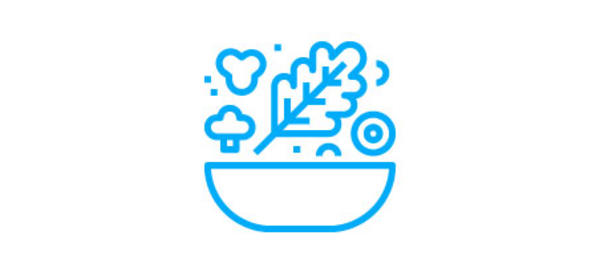
Nutrition for children and patients suffering from kidney disease
The nutritional recommendations depend on the complications presented by the infant
Strict adherence to the nutritional guidelines established by the nephrologist, nutritionist and multidisciplinary team.
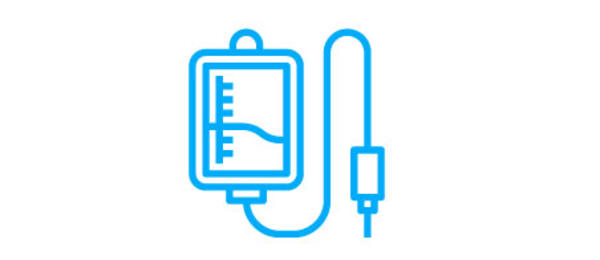
Dialysis in children
Although treatment in children is usually avoided if possible, it is necessary in some cases.
Peritoneal dialysis is preferred, because it is more convenient for the patient and his/her family.
This treatment is modified because the peritoneal cavity in children is smaller.
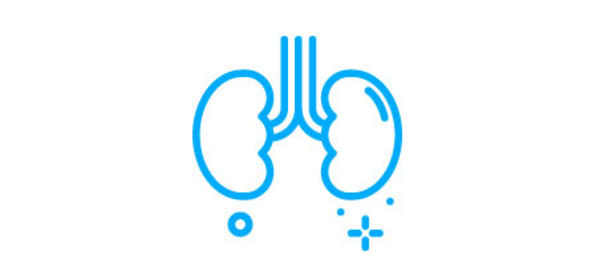
Kidney transplantation in children
It is the preferred treatment when severe kidney failure is present.
When CKD is advanced, children must be referred to transplant groups.
It is important to note that kidney transplantation is not a cure, rather a type of therapy that requires commitment and care from the family.

